By: Sara E. Teller
EARLIER THIS YEAR, THE MICHIGAN DEPARTMENT OF TALENT AND ECONOMIC DEVELOPMENT created a new pilot program to help refugees successfully transition to American life. In May 2017, the Department stated in its official policy issuance: “The recent influx of immigrants (refugees and persons granted asylum, or ‘asylees’) and other persons granted legal authorization to work in the United States from distressed locations outside of North America creates a unique workforce challenge as many of the impacted individuals cannot document their prior educational and employment history. In addition, these individuals may face significant language and cultural barriers and difficulties finding adequate housing and transportation. Providing additional support and access to resources to this population via the workforce system is critical to ensuring their successful transition into Michigan’s workforce.”
The Refugee Navigator Pilot Program was born, and over half a million dollars was allocated toward its development. The program is being offered at all eight Oakland County Michigan Works offices, including Ferndale’s. It is also available in Kent, Macomb and Wayne Counties. These four counties were chosen because they are currently experiencing the largest influx of new American citizens.
The May official policy issuance further states, “The intent of [the] pilot is to assist all work-authorized immigrants, with overcoming language barriers, lack of a documented educational and employment history, and other barriers to employment and their successful integration into Michigan’s economy.” Navigators (as the pilot offices are called) “shall operate with a degree of autonomy within the Michigan Works! One-Stop Service Centers within each of the four designated counties. They shall have specific training in dealing with the refugee population.”
“WE BEGAN SERVICES in June 2017,”explains Pamela Bellaver, Supervisor of the Ferndale Michigan Works location. “We feel this program is important in assisting work authorized immigrants and legal refugees in their transition.”
With such great diversity in Oakland County, the Ferndale Michigan Works office specifically received a wealth of community support in establishing the pilot program. “We have experienced an outpouring of support in our community for this program and look forward to assisting as many individuals as possible,” Pamela said.
So far, everything has gone off without a hitch, and the program is operating as anticipated. “We have not experienced any challenges to date as we continue to spread the word about this excellent program,” she adds proudly. The pilot offers a wide variety of services to its participants, assisting with everything from pre-employment information sharing to post-employment professional licensure services and career advancement training.
WHEN A NEW CITIZEN enters a MichiganWorks pilot office, its employees will first determine whether he or she is eligible to receive assistance from the Workforce Innovation and Opportunity Act (WIOA) adult, dislocated worker, or youth programs. A one-stop delivery system assists with outreach, intake and orientation to the program’s information. “Work-authorized immigrants referred for navigator-facilitated career services will be pre-screened to ensure that they have legal authorization to work in the United States and that they possess documentation to support their status,” according to the official issuance.
Officials clarify that the program is only for legal, documented American citizens, stating, “It is not the intent of this program to serve undocumented immigrants or anyone who does not have legal authorization to work in the United States.”
Once citizenship is determined, the office will conduct an initial skills assessment designed to enable career counselors to garner a better picture of each participant’s specific needs. These assessments include literacy, numeracy, and English language proficiency testing, as well as aptitudes and abilities (including skills gaps) assessments, and determinations of supportive service requirements.
After the center has an idea of what will benefit a particular individual, a list of available job openings will be provided and he or she will undergo job searches and placement assistance, as well as career counseling as needed. Information regarding in-demand industries and occupations will be offered, as well as tips regarding needed skills to obtain vacant positions, industry earnings, opportunities for advancement, and workforce and labor market employment statistics.
If necessary, referrals to other programs will be offered, including additional workforce development programs the individual may be eligible for. Upon request, participants will receive assistance and referrals to various other services that will help in his or her transition, including language acquisition or English as a Second Language (ESL) programs, housing, health care and child care assistance, transportation options, opportunities to receive a high school diploma or professional licensure, public assistance, legal and financial services, and civil rights information. According to the policy, “Each navigator will be required to maintain a robust network of federal, state, local, philanthropic and faith-based organizations.”
Ferndale residents who know of any refugees or “asylees” who may benefit from pilot program can contact their local Michigan Works office at 248-545-0222.

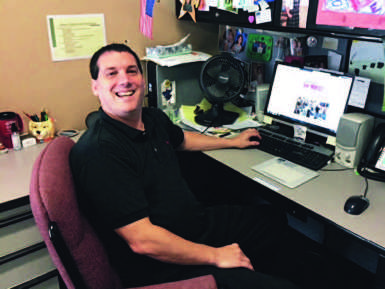
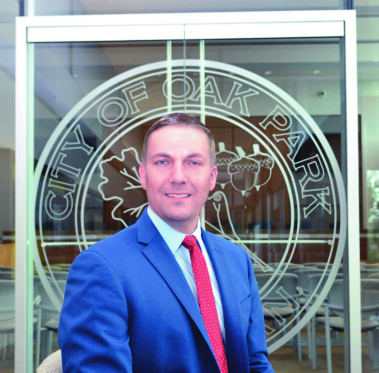
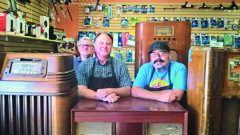
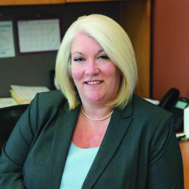
 legislative and policy push aimed at reforming the way finances are being handled with the direct purpose of encouraging renewed investment in communities. “The theme is that local units shouldn’t just be surviving, they should be thriving,” says Sheryl Stubblefield, Finance Director for the City of Ferndale. The League will be developing policy recommendations specifically around three themes: Cost Containment, Revenue Enhancement, and Structure of Government.
legislative and policy push aimed at reforming the way finances are being handled with the direct purpose of encouraging renewed investment in communities. “The theme is that local units shouldn’t just be surviving, they should be thriving,” says Sheryl Stubblefield, Finance Director for the City of Ferndale. The League will be developing policy recommendations specifically around three themes: Cost Containment, Revenue Enhancement, and Structure of Government.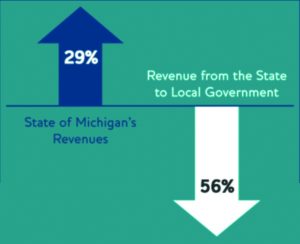 move out of our communities and out of our state, we begin this downward spiral, that will be nearly impossible to recover from,” Stubblefield explains. Basically, the less communities are able to offer residents and those visiting, the less likely they are to remain populated, and the less revenue the cities generate in the long run. It’s a vicious cycle.
move out of our communities and out of our state, we begin this downward spiral, that will be nearly impossible to recover from,” Stubblefield explains. Basically, the less communities are able to offer residents and those visiting, the less likely they are to remain populated, and the less revenue the cities generate in the long run. It’s a vicious cycle.

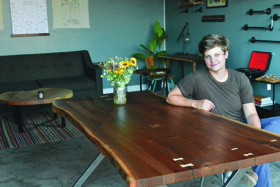 studio space inside the Russell Industrial Center in Detroit. Holtzman graduated college with a degree in anthropology, and was even getting knee-deep into some archaeological works just before she and Erickson got started. But, as she said, “the hobby (woodworking) started turning into a full time gig!”
studio space inside the Russell Industrial Center in Detroit. Holtzman graduated college with a degree in anthropology, and was even getting knee-deep into some archaeological works just before she and Erickson got started. But, as she said, “the hobby (woodworking) started turning into a full time gig!”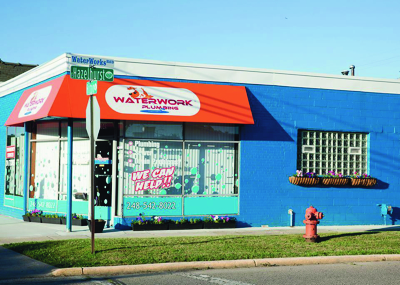
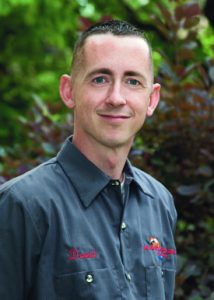 a very well-paying job.” According to David, there’s a shortage of plumbers coming from the next generation. Currently, there is a specific need at WaterWork for journeymen and master plumbers. “If someone walks through my door with a lot of experience, they’re not leaving,” David laughs.
a very well-paying job.” According to David, there’s a shortage of plumbers coming from the next generation. Currently, there is a specific need at WaterWork for journeymen and master plumbers. “If someone walks through my door with a lot of experience, they’re not leaving,” David laughs.
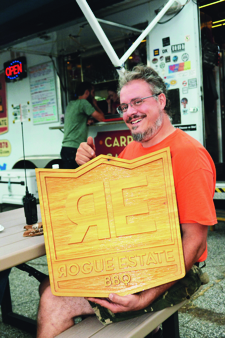
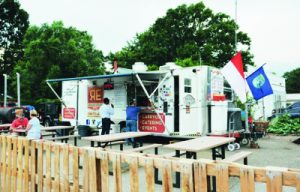 shop Farm Field Table opening in the last two years and bringing additional business to the area.
shop Farm Field Table opening in the last two years and bringing additional business to the area.